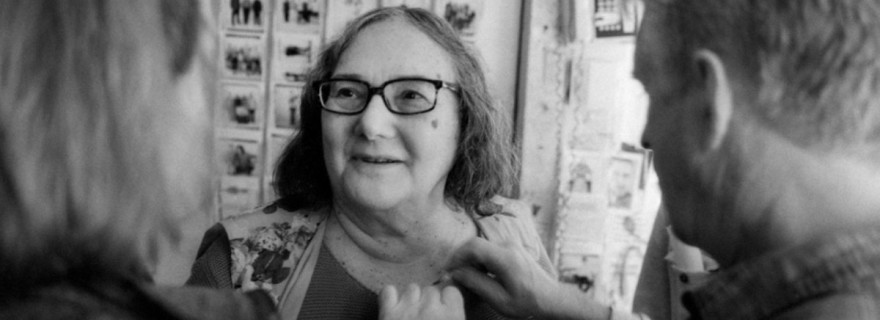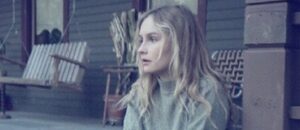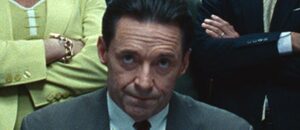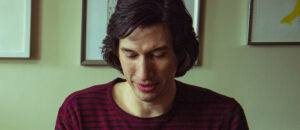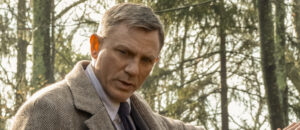'The B-Side: Elsa Dorfman's Portrait Photography'
Movie Rating:
4
There are few filmmakers alive who make films so distinctly their own as Errol Morris. He may be best known for his groundbreaking true crime documentary ‘The Thin Blue Line’ or his political projects such as ‘The Fog of War’. However, Morris is always at his best when making small movies about small people that end up exploring big ideas. His latest effort, ‘The B-Side’, is one of his smallest to date. In its own indescribable way, it’s also one of the filmmaker’s most moving achievements.
Morris’ subject this time is Elsa Dorfman, a Massachusetts photographer who specializes in Polaroids. She started with more observational black-and-white photography in New York in the 1970s, befriending Allen Ginsberg and shooting Bob Dylan amongst others. Later, when she left the city, she became fascinated with large scale Polaroid portraiture. She used a camera so large it could never leave a studio, and it captured instantly-developed images that were life size. The resulting photos were almost hyper real in detail and color. The way she posed her subjects was charmingly casual, even deliberately devoid of glamor. She kept even the mistakes that the folks who hired her rejected, making them all the more fascinating.
It’s easy to see why Morris was enamored with Dorfman. She’s another one of the filmmaker’s unrecognized geniuses, a woman who made remarkable work yet barely received any attention for it. She’s also a hell of a storyteller and amateur philosopher. Most of all, her story encapsulates the inevitable march of time toward death, as well as the cheerful optimism required to get there on time. As talented as she is, and even though her work is just starting to be recognized, Elsa Dorfman has already been forced to retire since Polaroid is long gone. It’s tragic, yet oddly beautiful.
As always, Morris shoots the documentary with incomparable craft and care. He lovingly photographs Elsa’s photos, well aware of the strange meta nature of that practice. He luxuriates in her strange stories and presents her with love and affection entirely through her own words. For the first time in years, Morris also interviews her in her natural environment rather than through talking-head shots making eye-contact with the camera. The playfully droll and deceptively powerful and philosophical film is both vintage Errol Morris and a slight shift into a more relaxed and less obsessively composed style for the director. Maybe it’s the first part of a new chapter in his career, or perhaps it’s just the next logical stage in his long study of the beauty in obsessive outsiders. Either way, there won’t be another movie like ‘The B-Side’ until Morris delivers his next project.

